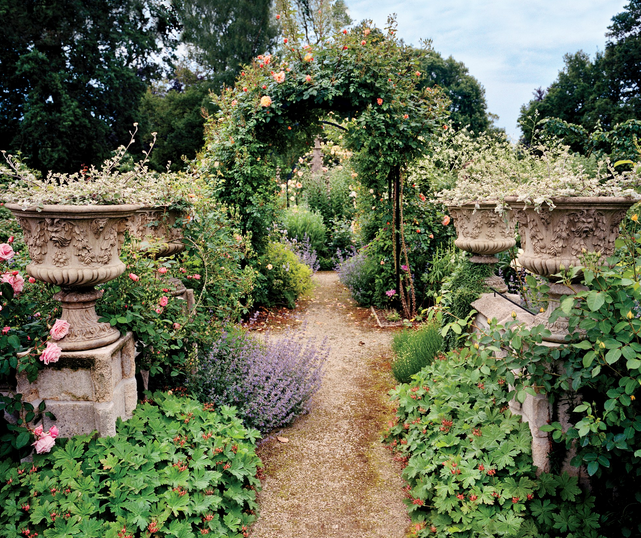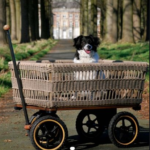We’re taking a trip to the home’s exterior, to take a closer look at one of the most important parts of creating and preserving its curb appeal: the garden. If you’re getting concerned about all things environmental, it might be surprised that one of the greenest spaces can cause the most damage. Here, we’re going to look at some of the lousy gardening habits to get rid of, and how you can do it a little greener.

Mow for mulch
When it comes to mulch, the most common tools for the job might not actually be the best. Mulch is great for stopping weeds from popping up and returning some nutrition back to the soil. However, the wood chips that are most often used actually release nitrates into the soil, which can cause it to become unfit for sustaining life in the long-term. Instead, when you mow your lawn, simply leave the grass clippings where they lie. Grass clipping mulch biodegrades much faster and has no negative consequences for the soil.
Avoid those dead patches
Watering by hand, using a watering can, might seem simple, but it’s not as effective or efficient as it could be. It’s easy to miss spots, even if you’re careful, meaning that you can end up starving patches of your lawn, leading to dead grass. What’s more, sprinklers are much better for saving water as they use exactly how much your lawn needs, so call Professional Irrigation Systems if you want to avoid wasting that all-important H2O in the garden. Another way to save water is by using what’s commonly called “grey water”. This includes water from the kitchen and bathroom sinks that have been used for washing.
It’s all about the recycling
Plant food and manure might sound like they’re entirely unharmful, but you can get even greener. Don’t rely on stores, do it yourself and you can avoid the manufacturing processes and transportation that consumes much more fuel for every product you buy. Instead, learn about recycling all organic waste from home (such as dead flowers, vegetable clippings, fruit peels, and cores), and create your own compost bin. Composting uses what would normally be thrown in the trash, and offers a significant health boost to your soil, helping flowers grow all the bigger and more vibrant.
Avoid the DDT
Pests can be a significant problem for any garden, especially if you’re growing a wide and varying range of flowers. Aphids, beetles, and other little creatures are going to come to eat them. However, the chemicals in pesticides have a broader impact on local fauna, including birds, bees, and butterflies. Instead, look for organic pesticides that are much less harmful, as shown at The Hearty Soul. Companion plants are also beneficial; these plants attract predators like ladybugs that won’t damage the garden but eat those that do.
When you know that the tools and products you rely on aren’t as taxing on your local environment or as wasteful with your resources, you’re going to feel all the better about having a gorgeous garden.
Photo by via Vogue Magazine




